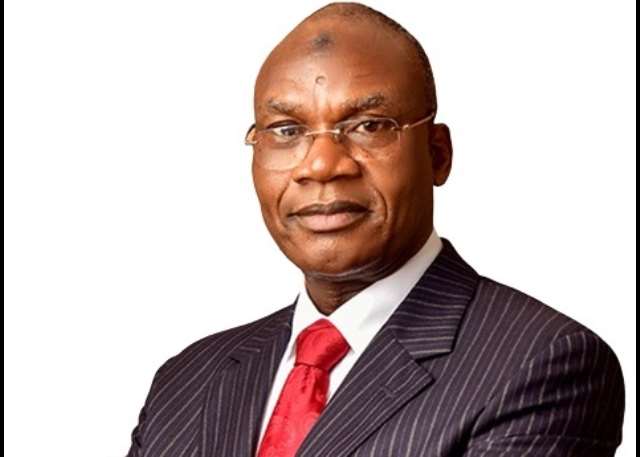Nigeria’s Education Minister, Professor Tahir Mamman, has announced a new policy setting the minimum age for writing the Senior Secondary School Certificate Examinations (SSCE) at 18 years, starting from 2025. This decision has sparked criticism from education stakeholders, who view it as a regressive step that fails to consider the realities of modern education.

The new age limit may stifle student progress and diminish the quality of education in Nigeria. It goes against the global trend of encouraging early academic achievement and doesn’t account for the diverse academic paths students may take. Many students, particularly gifted ones, complete secondary education before turning 18 and will be unfairly penalized by this policy.
Maintaining the minimum age for SSCE at 16 years is a more balanced approach, allowing academically ready students to progress to tertiary education without delay. The current policy has produced successful graduates who have excelled in various fields, and no evidence raising the age limit will lead to better outcomes.
The policy also raises concerns about what students will do during the two years they must wait before writing the SSCE. Forcing students to remain idle for two years is wasteful and potentially dangerous, increasing the likelihood of disengagement from education and negative behaviours.
The lack of consultation with key stakeholders in the education sector is also a significant issue. Education policy should reflect the input and concerns of those directly involved in educating Nigerian students.
Instead of implementing a blanket age limit, the government should focus on creating a more flexible and inclusive education system that caters to the diverse needs of Nigerian students. Options include allowing students to take the SSCE when they are academically ready, establishing programs for gifted students, and providing better career guidance and counselling.
The future of Nigeria’s youth and the country itself depends on a forward-looking approach to education. Stakeholders must resist this policy and advocate for a more flexible and inclusive education system.




